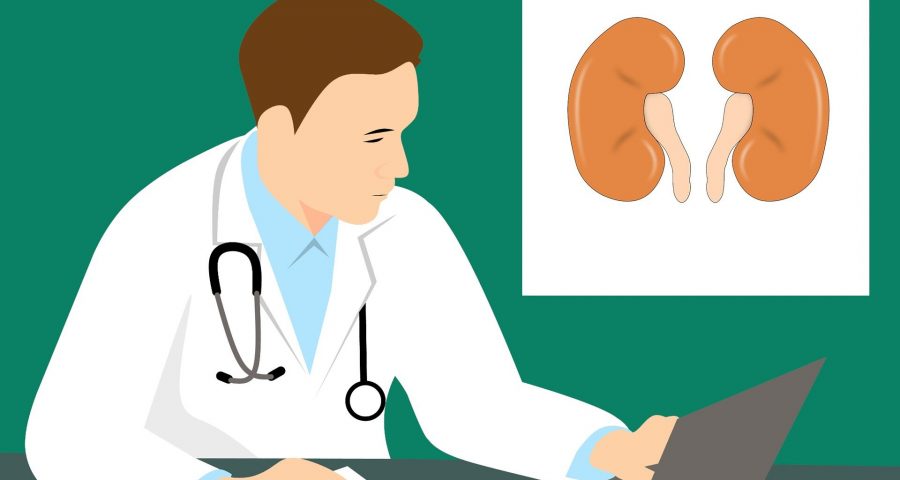
Chronic kidney disease is a public health burden impacting more than 37 million people worldwide, including nearly one million Americans. It is characterized by the accumulation of toxins, which further damages the kidney, yet the mechanisms responsible for this phenomenon needs to be better understood.
Researchers from Boston University Chobanian & Avedisian School of Medicine have discovered a novel protective gene that may unravel the mechanism of how kidney damage continues to happen once triggered.
“Kidney damage from any cause is associated with the accumulation of a host of toxins. The novelty of our finding is the contribution of the TMIGD1 gene to kidney failure, and secondly, we have deciphered how toxins contribute to kidney failure, thereby worsening renal function,” explains corresponding author Vipul Chitalia, MD, Ph.D., associate professor of medicine at the school.
Using both cell and experimental models, the researchers showed that when toxins inactivated the TMIGD1 gene, the models were more susceptible to kidney injury. This study explains how TMIGD1 functions to protect kidneys and describes a new mechanism by which accumulated toxins inflict kidney damage.
According to the researchers, understanding this process will help physicians to prevent and treat chronic kidney disease. “This new gene can be used as a therapeutic target as well as a screening tool for kidney damage,” noted Wenqing Yin, MD, Ph.D., the co-first author of the paper and an American Heart Association fellow working in the Chitalia laboratory.
The researchers hope this study will lead to new treatments and reduce the incidence of patients who have a progression of chronic kidney disease to end-stage kidney disease requiring dialysis.
These findings appear online in The American Journal of Pathology.
More information:
Mostafa Belghasem et al, Tryptophan Metabolites Target Transmembrane and Ig Domain-Containing 1 Signaling to Augment Renal Tubular Injury, The American Journal of Pathology (2023). DOI: 10.1016/j.ajpath.2023.06.018
Journal information:
American Journal of Pathology
Source: Read Full Article
